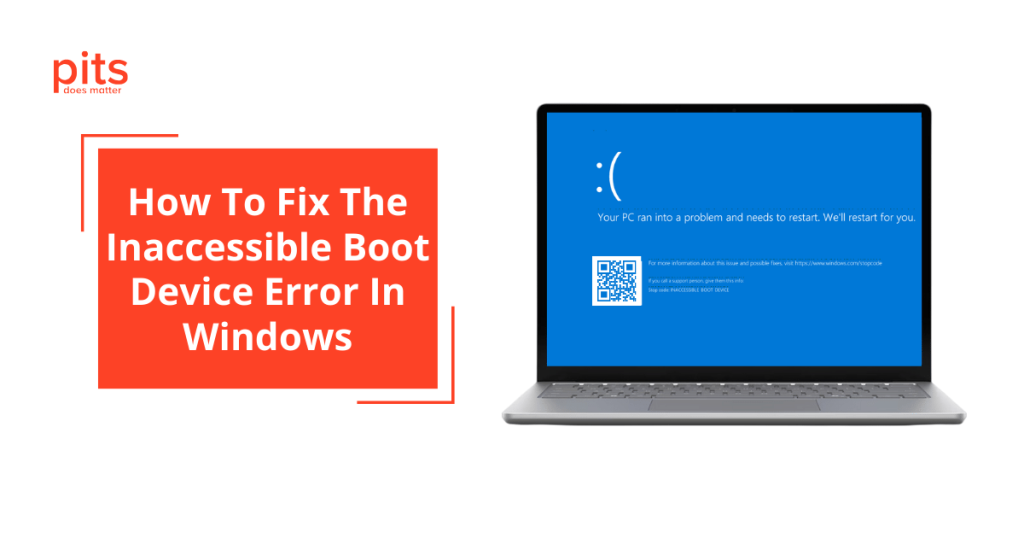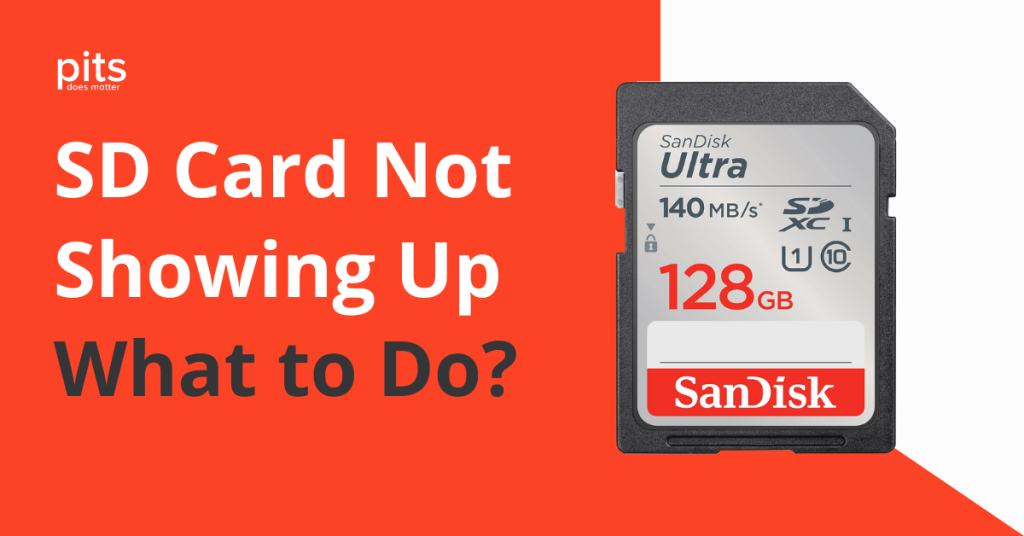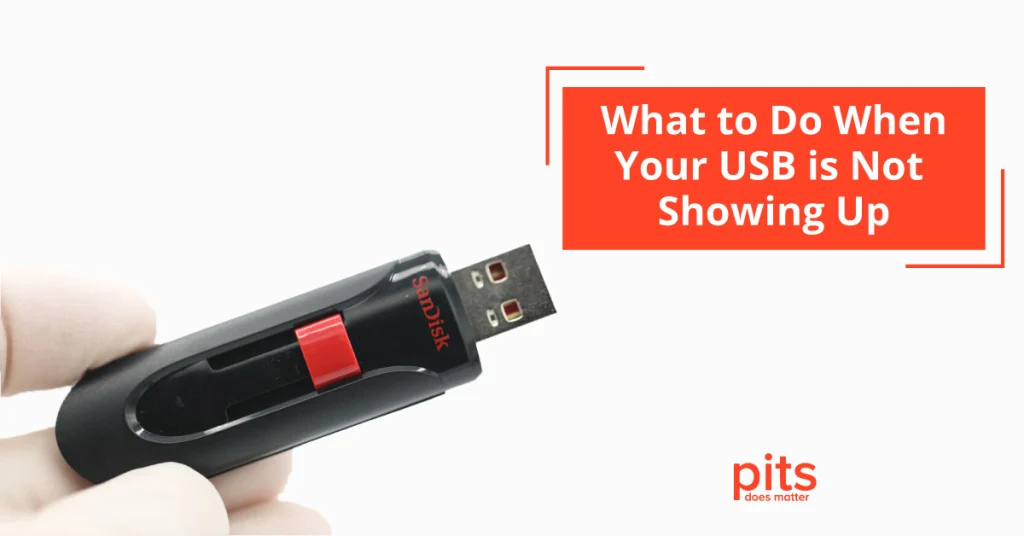It’s common to panic when your HP laptop won’t turn on. This issue can mess up your work, lower your productivity, and risk losing important data. However, don’t worry, as most problems can be fixed easily and quickly. This guide will help troubleshoot and revive your HP laptop. Should you encounter a more severe problem leading to potential data loss, remember that professional data recovery services are your best bet for retrieving your critical files safely and effectively.

Method 1: Check the Power Supply
Before looking into more complex solutions, start by checking the basics first. Ensure that your laptop is properly plugged in and that the power socket you’re using is working. If your computer fails to power on, the issue may lie with the battery or power supply. Here are steps to troubleshoot the problem.
Method 2: Resetting the BIOS to Default Settings
A corrupted BIOS is another significant reason why an HP laptop might fail to turn on. The BIOS (Basic Input/Output System) is essential firmware that initialises and tests your laptop’s hardware components during the startup process. If the BIOS is corrupted, the laptop may not start properly or, in some cases, not turn on at all. To troubleshoot, try resetting the BIOS to default settings. Access the BIOS setup utility by pressing a specific key (like F10, F12, Esc, or Del) right after turning on the laptop. The exact key varies by model, so refer to your laptop’s user manual or HP’s official website for guidance. Once in the BIOS setup utility, look for an option to restore defaults or reset to factory settings. Selecting this option and saving changes can often resolve issues caused by a corrupted BIOS.
If you can’t access the BIOS or if resetting to defaults doesn’t resolve the problem, you may need to reflash the BIOS or update it to a newer version. This process can be intricate and varies significantly among models, requiring specific instructions from HP support or customised documentation for your laptop model.
Method 3: Booting into Safe Mode for Troubleshooting
Sometimes, the issue with an HP laptop not turning on properly extends beyond hardware and power supply problems – the laptop’s display may turn on but remains stuck at the Windows loading screen. This situation often indicates a software conflict or corrupted drivers that prevent the operating system from booting up normally. A practical step to diagnose and potentially resolve this issue is by eliminating external hardware conflicts.
First, start by disconnecting all external hardware devices connected to the laptop. This includes external hard drives, USB drives, printers, and any other peripherals that could interfere with the boot process. After disconnecting these devices, attempt to reboot your laptop. If Windows successfully loads after removing external hardware, it suggests that one or more of the disconnected devices have problematic drivers or software that conflicts with the startup process. In such cases, identifying and either uninstalling or updating the drivers for these devices can resolve the issue.
If Windows still does not load after disconnecting external hardware, the next step is to enter Safe Mode:
- Restart your laptop while pressing a specific key (such as F8) or use the Windows Recovery Environment, depending on your version of Windows, to boot into Safe Mode.
- Once in Safe Mode, perform troubleshooting steps like restoring the system to a previous state, scanning for malware, or uninstalling recently installed software that may be causing conflicts.
Method 4: Expert Recovery Solutions for SSDs and Hard Drives
In rare instances, a combination of these issues or other unforeseen hardware and software malfunctions can result in severe data loss or complete failure. In such scenarios, it’s best to seek expert assistance from certified professionals who specialise in HP laptop repair and data recovery solutions.
For individuals facing complex data retrieval challenges from an unresponsive HP laptop, PITS Global Data Recovery Services stands as a highly recommended solution.
Whether it’s critical personal files or essential business documents, PITS Global Data Recovery Services offers a reliable, secure, and efficient recovery process, minimising downtime and stress.

Trust our Laptop Data Recovery Services for HP laptops to return your files and laptop to full working order swiftly and safely. For immediate assistance with your HP laptop recovery needs, contact us directly or fill out our online form. Once submitted, our dedicated team of engineers will promptly contact you to discuss your situation in detail and guide you through the next steps.
Frequently Asked Questions
Why won't my HP laptop turn on when fully charged?
There could be several reasons for this, such as a malfunctioning battery or power supply, a corrupted BIOS, or software glitches preventing the laptop from booting up correctly. If the initial troubleshooting steps don’t work, consider seeking professional assistance.
What steps can I take if my laptop is stuck on the Windows loading screen?
This issue often arises from software conflicts or corrupted drivers. Begin by disconnecting external hardware to eliminate any device conflicts. If the problem persists, booting into Safe Mode and performing troubleshooting steps like system restore, malware scans or uninstalling recent software may resolve the issue.
Why is my laptop not starting after pressing the power button?
This could be due to various reasons, including power supply issues, hardware failures, corrupted BIOS, or software conflicts. For more specific troubleshooting methods, refer to the diagnostic steps mentioned above. If these steps don’t fix the issue, seek help from certified experts.
Can I fix my HP laptop on my own, or should I always seek professional help?
Some issues, like software glitches or minor hardware conflicts, can often be resolved with DIY troubleshooting, as described above. However, complex problems such as motherboard failures, severe BIOS corruption, or substantial data loss require professional diagnostics and repair to avoid further damage or data loss.
What happens if your laptop isn't turning on?
If your laptop is not turning on, it could be due to a variety of reasons, such as power supply issues, hardware failures, corrupted BIOS, or software conflicts. It’s essential to troubleshoot the issue by performing simple checks, like ensuring the power supply is functioning correctly and checking for any visible external damages. If the problem persists, it’s best to seek professional help from certified technicians.



